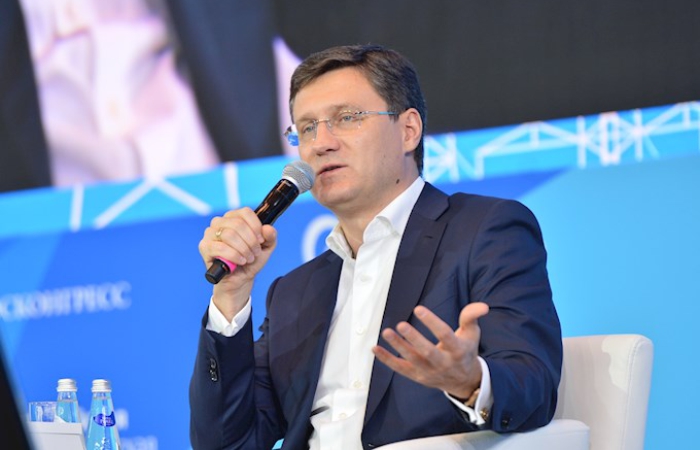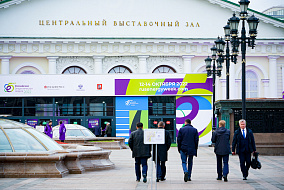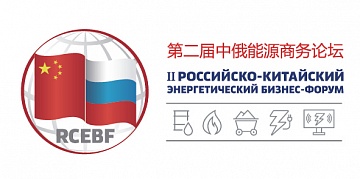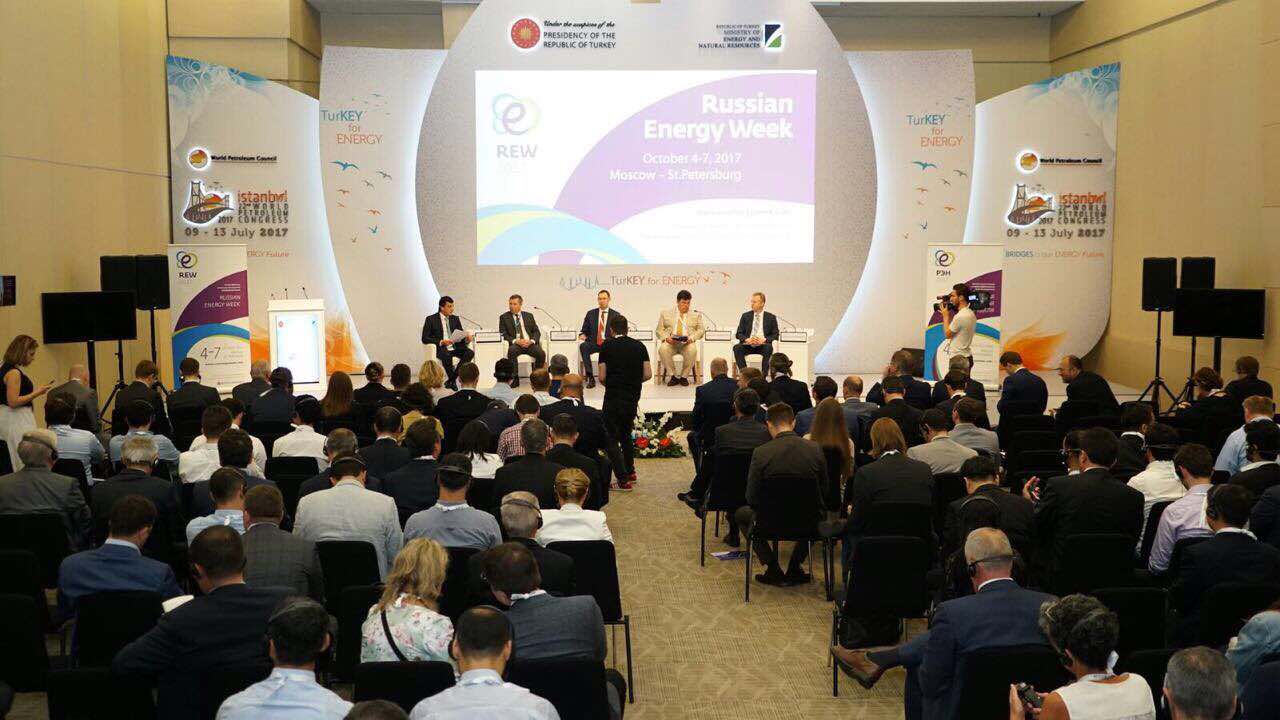Russian Energy Minister Alexander Novak discusses REW 2017 outcomes in interview with Business FM

Moscow, October 9. – During an interview with radio station Business FM on the sidelines of REW 2017, Minister of Energy of the Russian Federation Alexander Novak discussed the outcomes of the event and the agreements concluded there, as well as the prospects for global oil markets, the development of the gas sector, the future of the energy balance in Russia and globally over the next two decades, and cooperation with foreign partners.
On implementation of an agreement to limit oil extraction, the Minister noted that, for the first time in the history of OPEC, which spans several decades, the international cartel is fulfilling 100% of its obligations. “We have never seen such figures before. The level of fulfilment has usually been far lower, but today we are witnessing the OPEC countries fully meeting 100% of their obligations. Non-OPEC countries are also in compliance”, he said.
At the same time, the Russian Energy Minister noted that a breakdown of the nuclear deal forged between the USA and Iran could have an impact on oil markets.
“Everything will depend on what decisions are taken. Iran produces a huge amount of oil and supplies it to global markets. The country currently produces 3.8 million barrels per day. Let’s not forget that when sanctions were introduced, production volumes dropped significantly”, he said.
Commenting on how the collapse of the US–Iran nuclear deal might impact the agreement to limit oil extraction, the Minister expressed his belief that such a development would be unlikely to lead to agreements being broken.
“We already have an example of this with the situation in the Middle East regarding Qatar. Specifically, the Qatari Minister participated in Russian Energy Week, and among the things we discussed were issues concerning oil and cooperation in this area. Qatar is part of the agreement and is continuing to fulfil its obligations to reduce extraction. Nothing has changed in this case, so it’s my hope that we’ll be able to see the agreement through to the end”, he said.
Responding to a question about the development of alternative energy, the Minister noted that all participants in discussions on this subject at Russian Energy Week had agreed that renewable energy sources would continue to grow. At the same time, he expressed the opinion that, bearing in mind the abundance of cheap natural resources in Russia – oil, gas, and coal – solar and wind energy are presently less competitive than traditional energy sources in the country. “We try to strike a balance when making decisions about developing and supporting renewable energies, because we need to keep the needs of the consumer in mind”, Alexander Novak explained.





